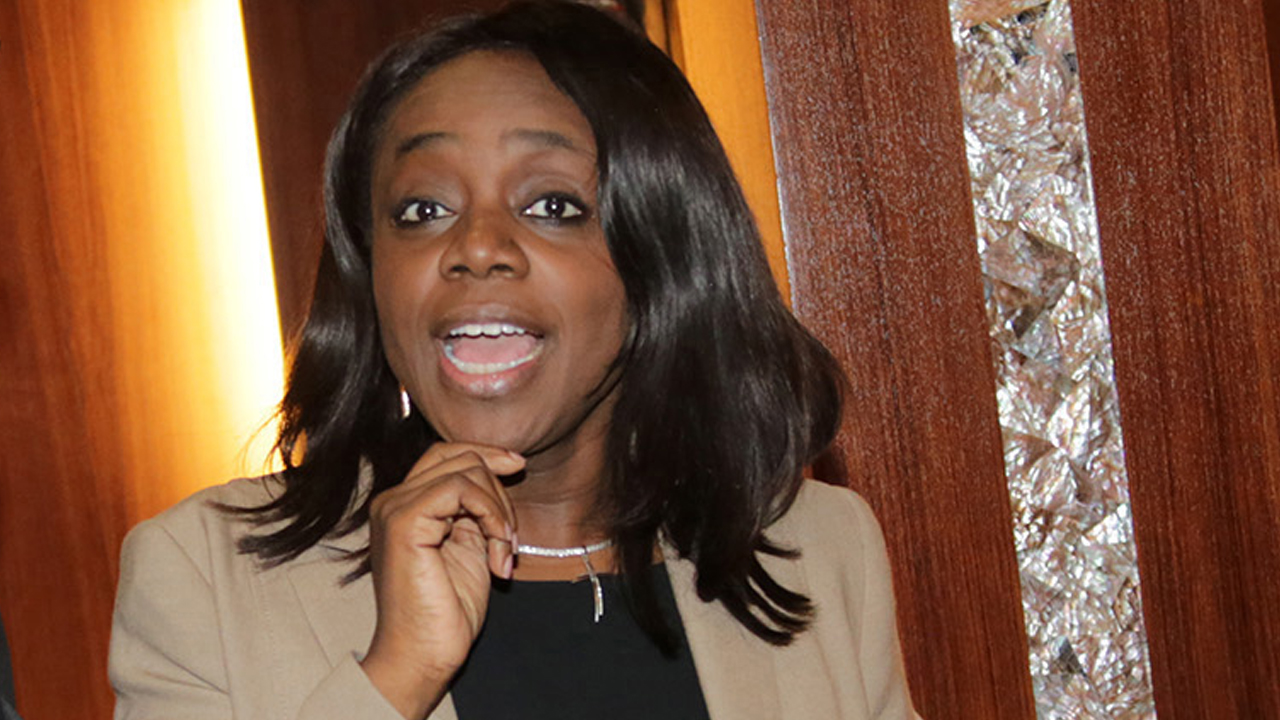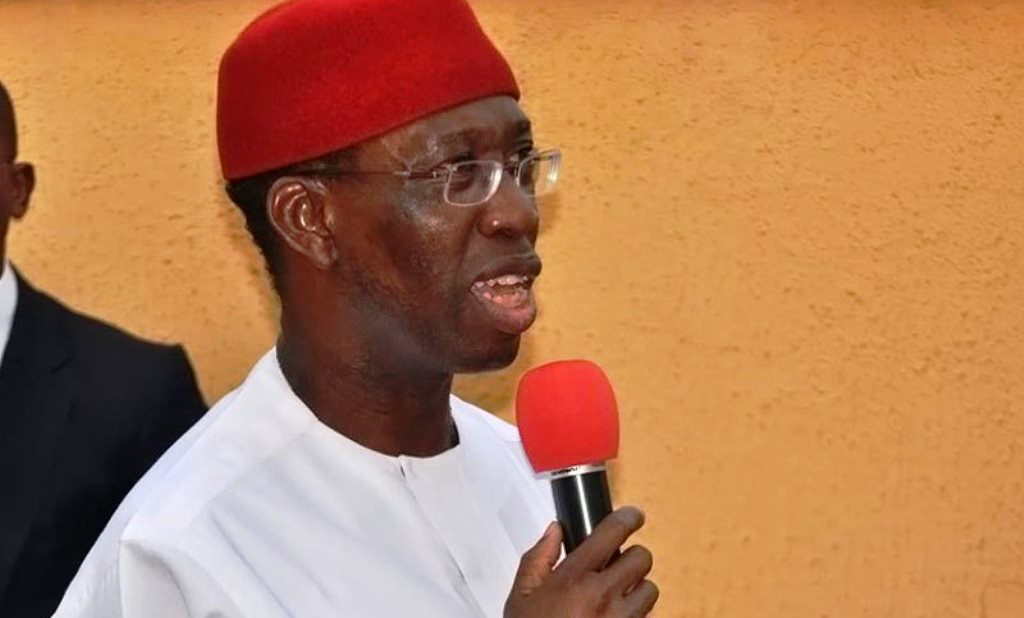The Federal Government has secured a global commitment to fight tax evasion through having access to the financial accounts of Nigerians outside the country.
Head, Organisation for Economic Cooperation and Development (OECD) Global Forum on Exchange of Information, Ms Monica Bhatia, stated this following a meeting with Nigeria’s Minister of Finance Kemi Adeosun.
The meeting held on the sideline of the Platform for Collaboration on Tax Conference at the UN Headquarters, New York where Adeosun was on a panel that discussed ‘Revenue Leakages: Illicit Financial Flows’.
Bharia told the Correspondent of the News Agency of Nigeria (NAN) that Nigeria when operational, Nigeria could exchange information with other countries on tax information.
“The meeting was about exploring how even more closely can Nigeria work with the Global Forum on Tax Transparency to implement the goal of fighting tax evasion through automatic exchange of information.
“Nigeria has decided to do Automatic Exchange of Tax Information and use exchange of information to investigate cases and fight tax evasion.
“So the discussion today is how the global Forum can support Nigeria’s efforts in achieving the goals and in fighting tax evasion.
“I found the minister very committed and very determined to do all it takes to send a strong message to tax evaders.
“That the government will not sit back but they will fight tax evasion and we are trying to support those efforts.
“The information that Nigeria can exchange with other countries around the world that is related to anything that their investigation needs firstly.
“And secondly, on an automatic basis on financial accounts of Nigerians abroad,” Bhatia said.
According to her, however, it will take efforts over the next couple of years and we hope that after a couple of years, they will start getting that information.
She said already 102 countries are exchanging information by September this year adding, Nigeria is not yet in the 102 because the country committed later.
“The 102 countries committed in 2014 and Nigeria is a developing country; it doesn’t have a financial centre so it was not sort of forced to commit, it was voluntary.
“Among the developing countries, Nigeria is one of the first few that have come forward and said we would like to do this.
“We are prepared to do what it takes to do this because we are going to benefit from getting information,” she said.
Adeosun had, during the meeting alongside Chairman, Federal Inland Revenue Service, Mr Tunde Fowler, expressed the Federal Government’s commitment to collaborate with international organisations to track down Nigerians operating in tax havens.
NAN reports that Adeosun was earlier among panelists that discussed the impact of the illicit financial flows, particularly those caused by tax evasion and corruption on sustainable development.
The panel of discussants also discussed measures, both at the national and international level, which might help to reduce the menace and identify opportunities to increase cooperation among a range of actors tackling it.



![[BREAKING] Fraud: FG investigates over 200 whistleblowing tips, suspends two senior tax officials](https://thenewsguru.ng/wp-content/uploads/2017/06/Kemi-Adeosun-160416.png)